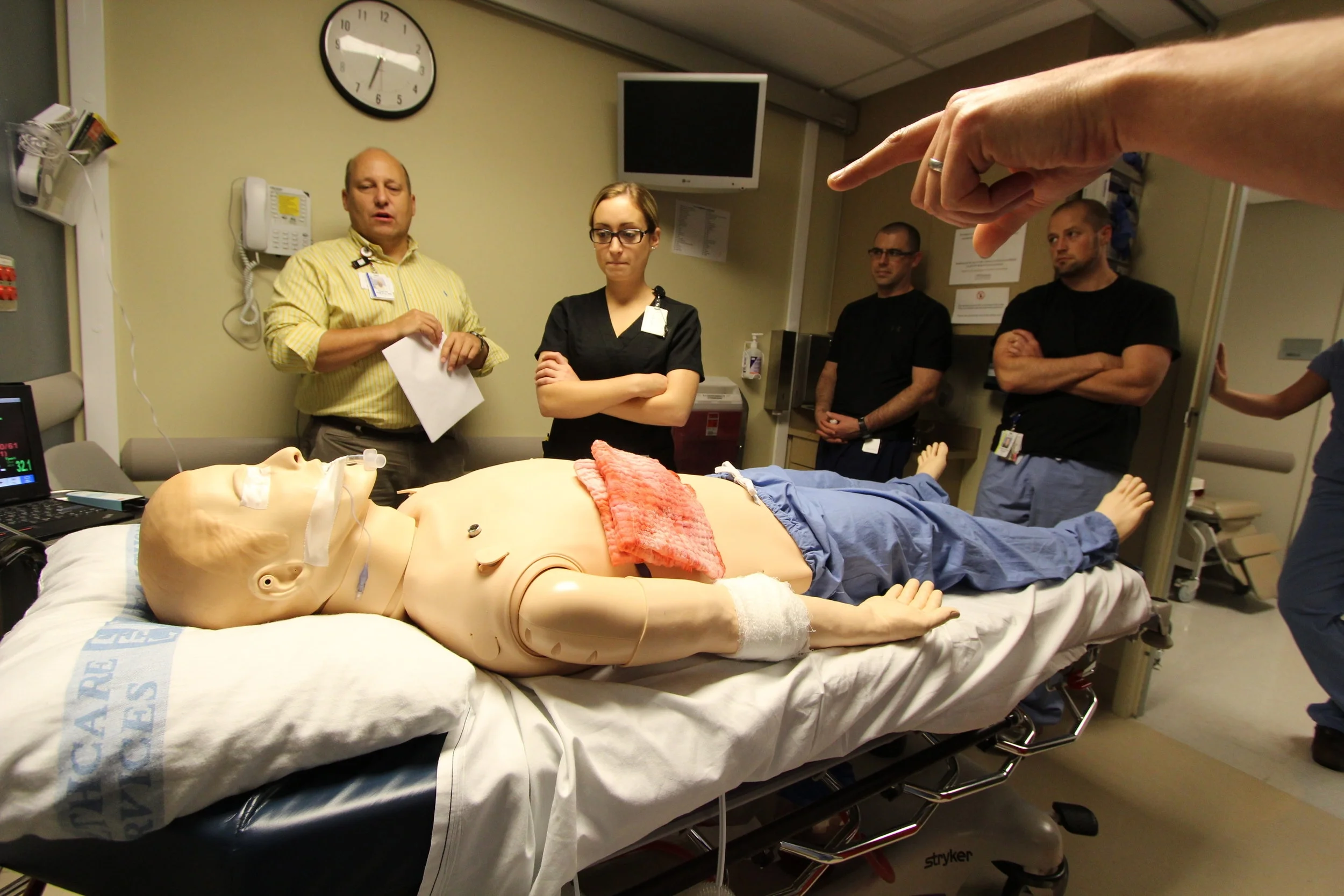The development of methods for interfacing high performance functional devices with biology could impact regenerative medicine, smart prosthetics, and human-machine interfaces. The ability to three-dimensionally interweave biological and functional materials could enable the creation of devices possessing unique geometries, properties, and functionalities. 3D printing is a multi-scale platform, allowing for the incorporation of functional nanoscale inks, the printing of microscale features, and ultimately the creation of macroscale devices. This three-dimensional blending of functional materials and ‘living’ platforms may enable next-generation 3D printed devices.
Michael C. McAlpine is the Benjamin Mayhugh Associate Professor of Mechanical Engineering at the University of Minnesota. He received a B.S. in Chemistry with honors from Brown University, a Ph.D. in Chemistry from Harvard University, and was Assistant Professor of Mechanical and Aerospace Engineering at Princeton University (2008-2015). His research is focused on 3D printing functional materials & devices, including the three-dimensional interweaving of biological and electronic materials.


